Arab Youth and the Ballot Box: Is Lowering the Voting Age a Real Chance for Change?
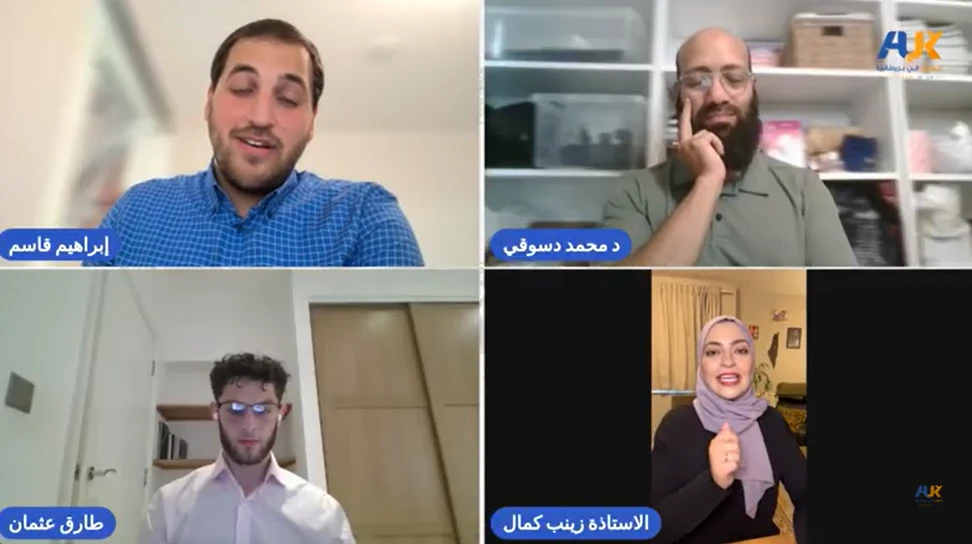
As the UK prepares to lower the voting age to 16, questions are emerging about what this really means for marginalised communities — particularly young British Arabs.
To explore the implications of the change, Al Arab in UK (AUK) hosted a panel discussion on Thursday, 17 July 2025, titled: “Young Arabs in Britain… Are We Ready to Vote at 16?”
The event was part of AUK’s “Arab Voice” campaign, a nationwide effort launched in early 2024 to encourage greater political engagement among Arabs in Britain.
The discussion brought together a range of perspectives:
- Dr Mohammad Dessouki, an educator and youth mentor based in Newcastle.
- Zeinab Kamal, a London-based secondary school teacher working closely with 16–18-year-olds.
- Tariq Osman, a British Arab student and activist representing the voice of second- and third-generation youth.
The session was moderated by AUK broadcaster Ibrahim Qassem.
Over the course of the evening, the panel unpacked whether the lowered voting age presents a genuine opportunity — or whether it risks becoming yet another symbolic policy shift, disconnected from the realities of Britain’s young Arabs.
“Democracy never felt like it included us”
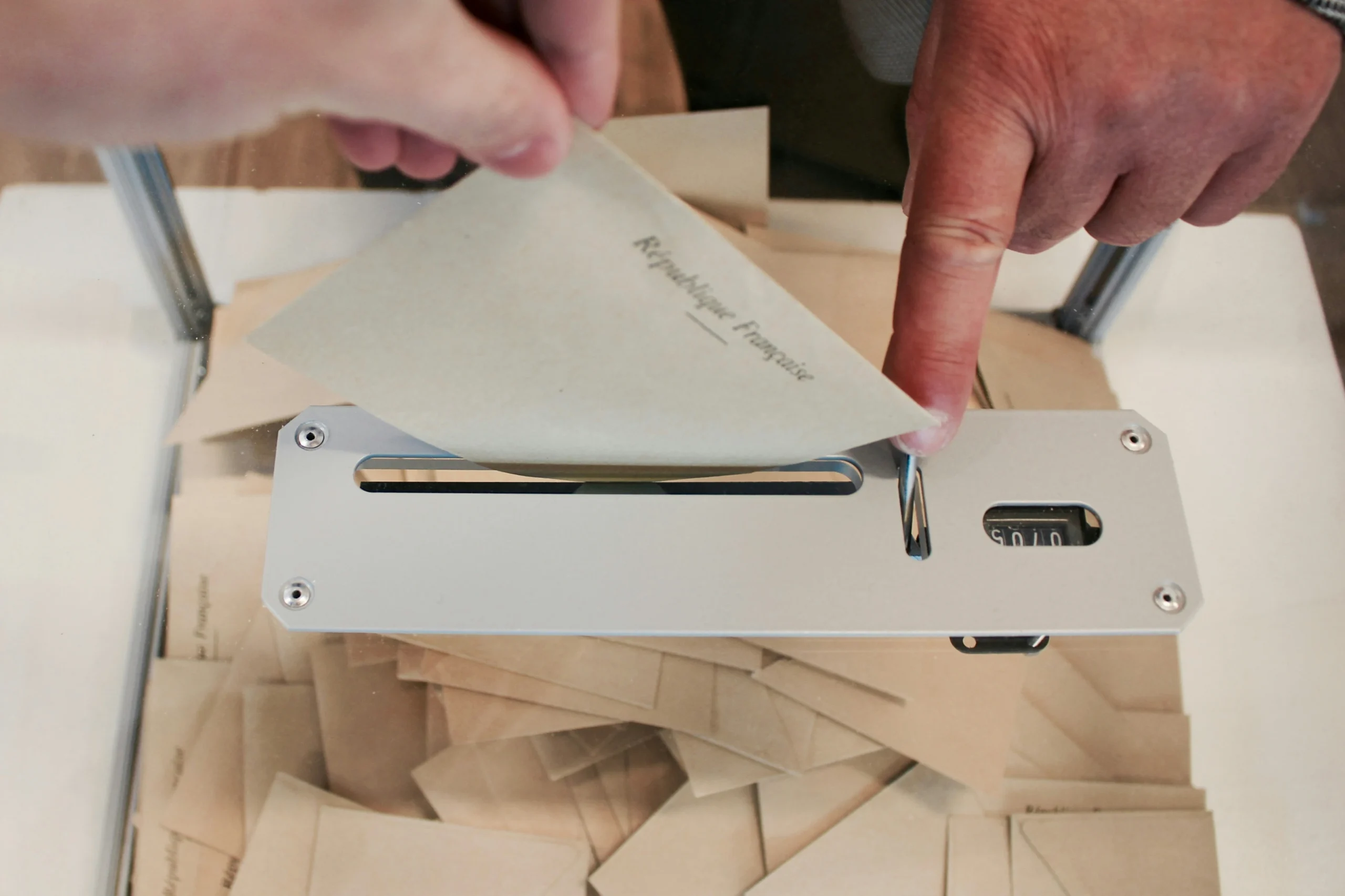
For Tariq Osman, the government’s move represents a positive step, but one that comes with caution. “Giving us the right to vote is long overdue,” he said. “We’ve been paying taxes and shaping communities for years. But politics never felt like it was made for us — or even open to us.”
While Tariq welcomed the change, he challenged political parties to move beyond token gestures. “I don’t see anyone like me in Parliament. I don’t hear voices that speak to our reality. That’s the real gap.”
His reflections resonated with many in the audience — young people who feel politically aware, but politically sidelined.
“We’re not teaching students how to be citizens”
From inside the classroom, Zeinab Kamal painted a sobering picture of political education in schools. “A lot of 16-year-olds I teach can’t tell you the difference between Parliament and government,” she said. “It’s not because they’re disengaged — it’s because they’ve never been shown how this system works, or how they fit into it.”
Kamal argued that without a major shift in how civic education is taught, extending voting rights risks falling flat. “We’re asking teenagers to vote, but we’re not preparing them to understand what they’re voting for.”
“Young Arabs still feel excluded from British politics”
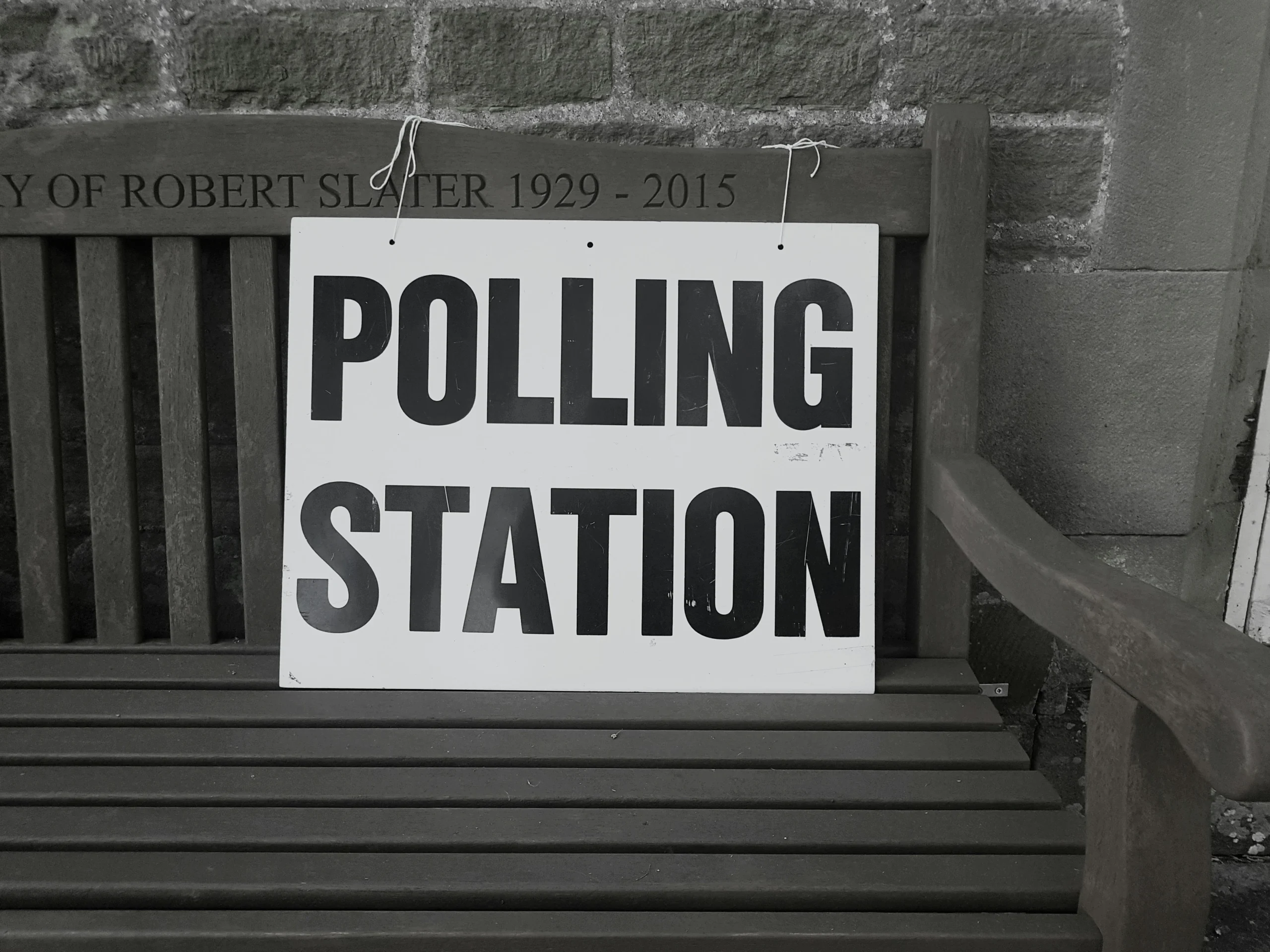
Dr Mohammad Dessouki took the conversation further, questioning whether Arab youth see themselves as part of the political conversation at all. “There’s a deep sense of exclusion,” he said. “Politics in this country often speaks about Arabs, but rarely to them — and almost never for them.”
He warned that the lowered voting age will have little impact unless it’s paired with real efforts to build trust and make political spaces more inclusive. “It’s not just about access to a ballot — it’s about access to belonging.”
Between scepticism and hope: reactions from the room
Audience members, including teachers, parents and students, echoed a mix of optimism and concern. “It’s a nice headline,” said one teacher. “But will it mean anything without proper representation? I’m not sure.”
A student who recently turned 16 said he planned to vote — but wasn’t convinced it would matter. “I’ve never seen a politician who looks like me. I don’t think they care what I think.”
A campaign for lasting influence
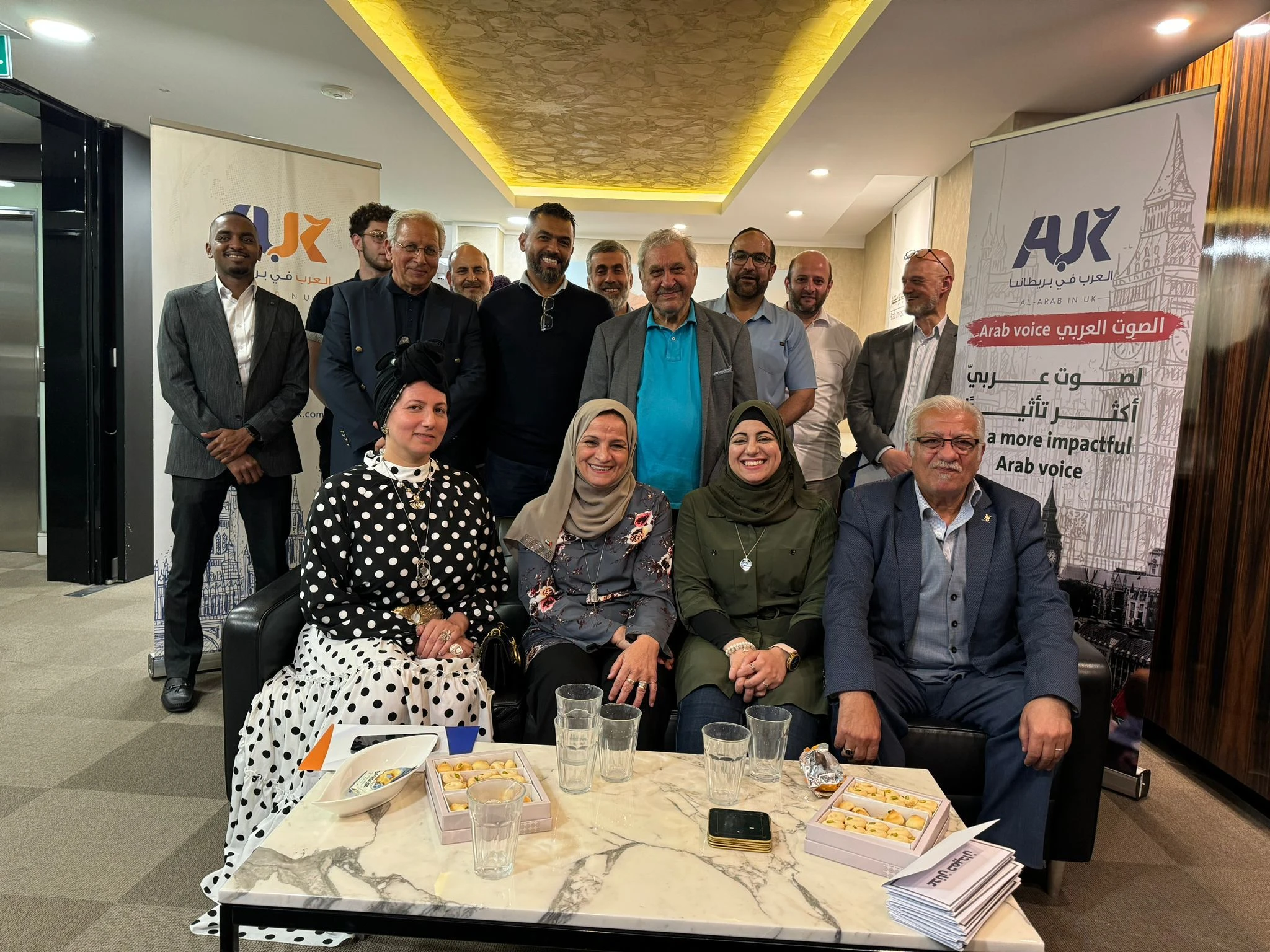
The panel was one of several events hosted under AUK’s “Arab Voice” campaign, launched in February 2024 to strengthen the political presence of Arabs in Britain.
Led by a volunteer team of more than 50 professionals, community leaders, and students, the campaign seeks to build awareness, encourage voter participation, and foster long-term influence in local and national politics.
The initiative was born out of a founding call to action: that Arab communities in the UK deserve not just visibility, but power — and that this must be built through strategic organising, education, and alliance-building with other underrepresented groups.
Right without power is just a gesture
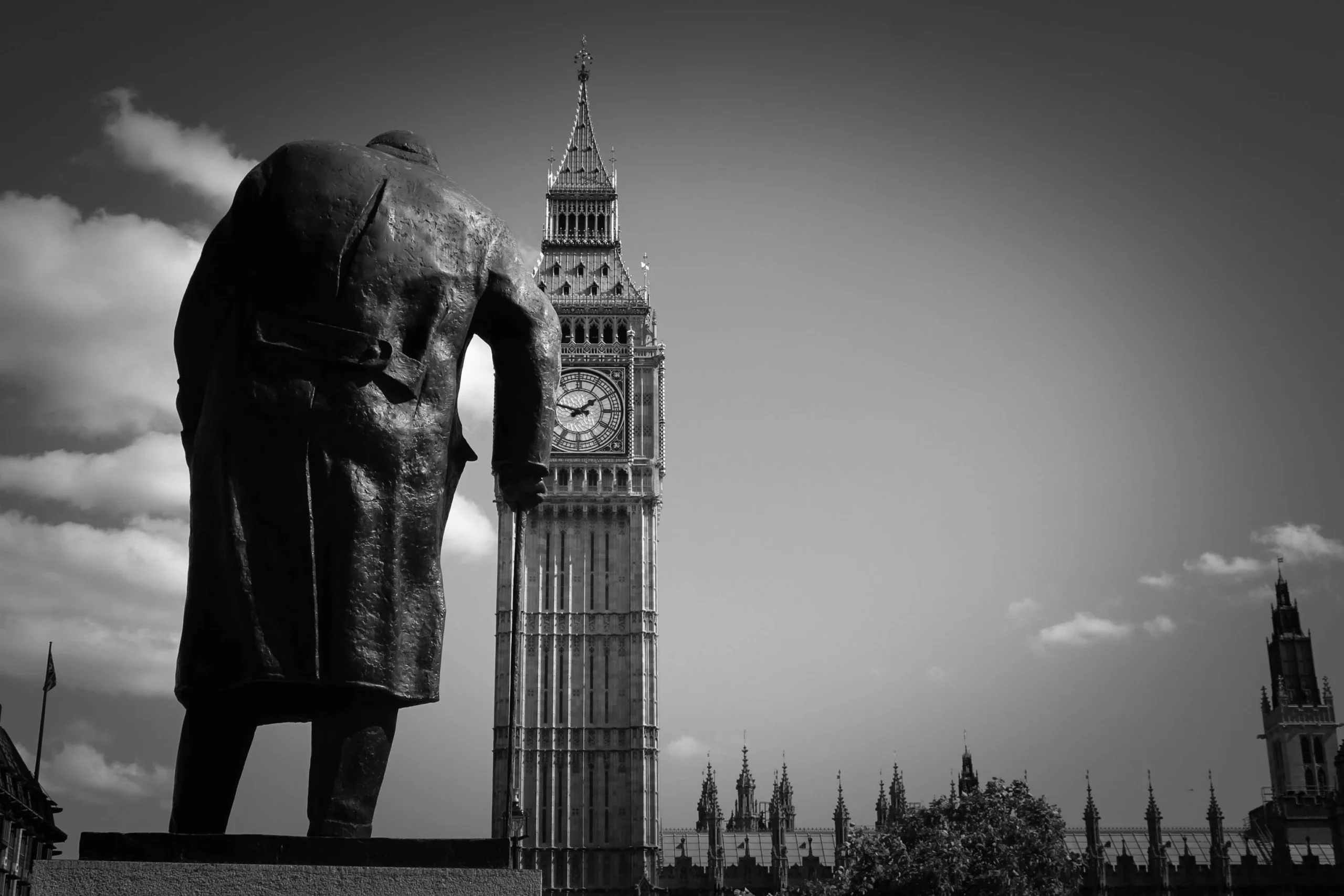
In closing the discussion, Al Arab in UK stressed that while expanding the right to vote is a welcome move, it must not be where participation begins or ends.
“Democracy doesn’t start at the polling station,” the platform stated. “It starts in classrooms, in youth groups, in family conversations, and in everyday life. If Arab youth don’t feel seen, heard, or represented — then adding them to the voter roll won’t change much.”
What’s needed, AUK argued, is a long-term commitment to civic inclusion — from schools, political parties, and the media — to ensure that 16 and 17-year-olds are not only allowed to vote, but empowered to shape the future they’ll inherit.
“Those who aren’t represented today,” the campaign concluded,
“are at risk of being excluded tomorrow.”
Read More:
ShortURL ⬇

